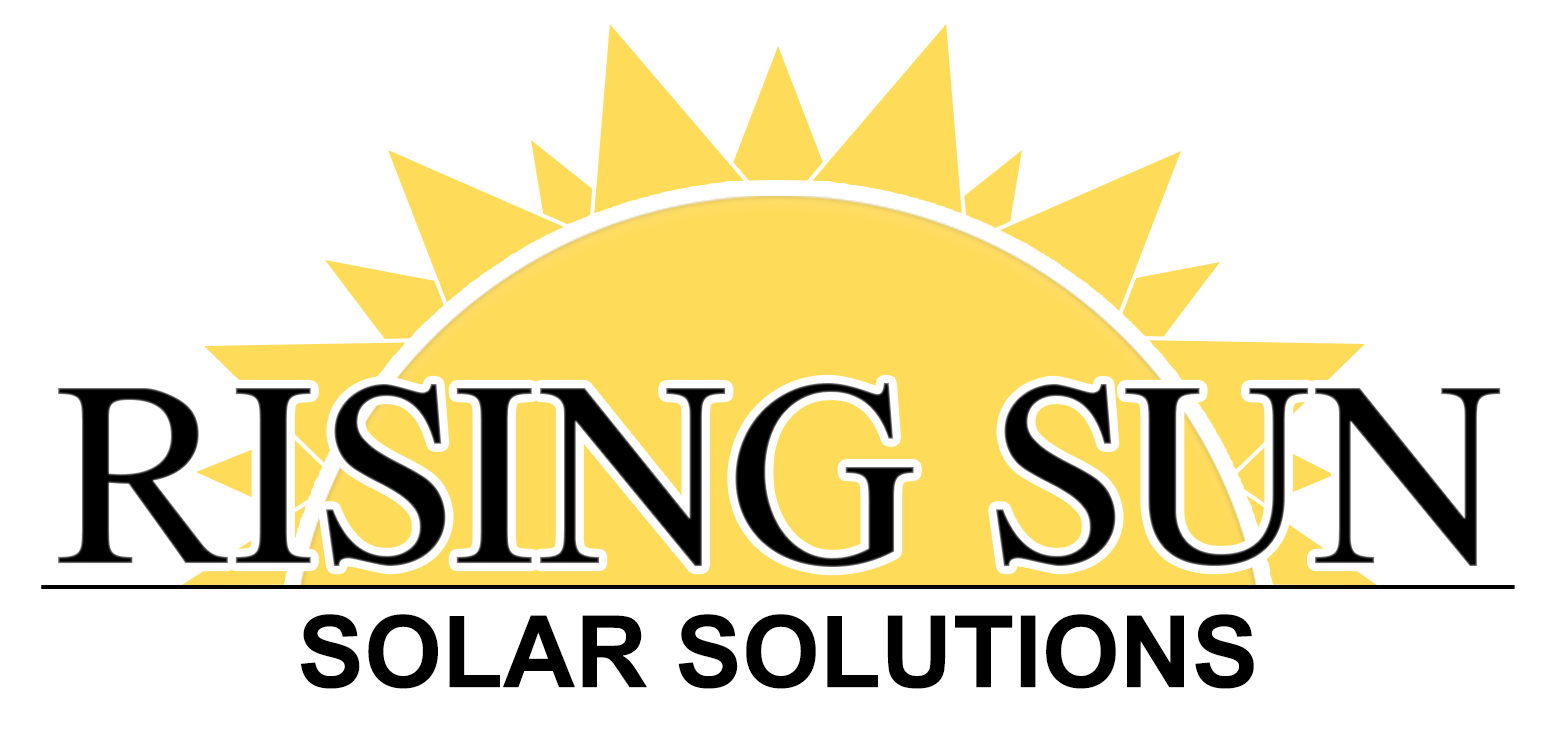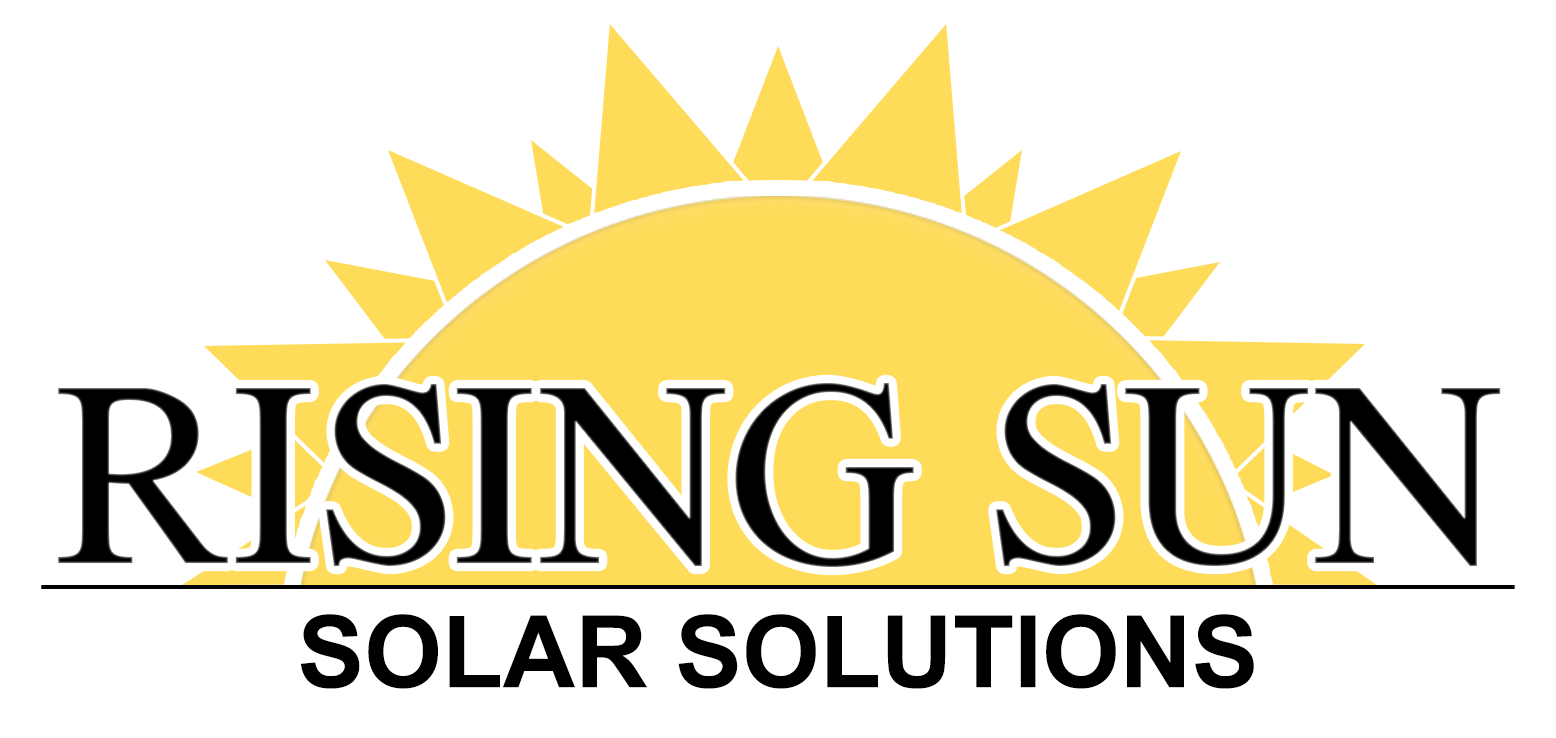Installation of solar panels—commercial building ones in particular—is on the rise. According to the SEIA, the pipeline for corporate solar capacity is set to reach 64 GW over the next five years. That is enough to power approximately 11 million homes.
While many of the top contributors are giants like Amazon and Target, small businesses are also contributing to this accomplishment. If you are considering commercial solar installation, you should know your options to make this endeavor affordable and worthwhile.
Start by understanding the types of commercial solar available to you by reading this guide.
Why Your Business Should Consider Solar Panel Installation
Adopting solar energy is more than just an environmentally responsible choice—it’s a strategic investment that can significantly enhance your business. Here are some of the benefits of commercial solar installation:
- Cost Savings: Solar panels help reduce your electricity bills by generating your own energy. Over time, this leads to substantial savings, especially for businesses with high energy demands.
- Energy Independence: With solar panels, you can rely less on the grid and avoid fluctuating energy prices, ensuring stable operating costs.
- Tax Incentives and Rebates: Governments and local authorities offer tax credits, rebates, and grants for commercial solar installations, making the transition more affordable.
- Improved Brand Image: Demonstrating your commitment to sustainability can attract eco-conscious customers and partners, enhancing your reputation and brand loyalty.
- Environmental Impact: Solar power reduces greenhouse gas emissions, helping your business contribute to global efforts against climate change.
- Long-Term ROI: While the initial investment may seem high, solar installations typically pay for themselves within a few years and offer decades of energy savings.
Incorporating solar panels into your business strategy aligns with both financial and environmental goals, positioning your company as a forward-thinking leader in its industry.
Types of Commercial Solar Installation
Now that you know why you should consider solar to enhance your business, your next step is to determine which type of commercial solar panel is best for your company. There are several options, which will depend on the location and goals of your business. For instance, if you have a large parking lot, then this space could be utilized for commercial solar panel installation.
Here are the three types of solar panels to consider for your business:
1. Roof-Mounted Solar Panels
Roof-mounted solar panels are one of the most common choices for commercial properties. Installed directly onto the roof of your building, these panels make efficient use of otherwise unused space. Commercial solar roofs will fit into either a slopped or flat roof category. The style of your roof will determine how the panels are mounted onto it.
Pros
- Space Utilization: Takes advantage of existing roof space, eliminating the need for additional land.
- Cost-Effective: Installation costs are often lower than other types, as they don’t require additional structural components.
- Aesthetic Integration: Modern installations are sleek and can blend well with the building design.
Cons
- Structural Limitations: Not all roofs are suitable for solar panels due to insufficient space, weight capacity, or shading issues.
- Maintenance Challenges: Roof-mounted systems may require additional effort and safety precautions for cleaning or repairs.
- Weather Exposure: Roof-mounted panels are more susceptible to wind/snow and debris damage, depending on the region.
2. Ground-Mounted Solar Panels
Ground-mounted solar panels are installed on open land, allowing for flexible design and positioning. These systems are ideal for businesses with ample outdoor space. They can also be installed off-site, using a solar farm to generate electricity for your commercial buildings.
Pros
- Optimal Placement: Panels can be positioned at the best angle and orientation for maximum sunlight exposure.
- Ease of Maintenance: Ground-mounted systems are easier to access for cleaning, repairs, and upgrades.
- High Efficiency: With fewer space constraints, these installations can include larger arrays, generating more energy.
Cons
- Space Requirement: Requires significant land, which may not be feasible for businesses in urban areas.
- Higher Costs: Installation costs are generally higher due to additional materials like mounting structures and wiring.
- Zoning and Permits: Additional regulatory approvals may be required, potentially delaying installation.
3. Canopy and Carport Solar Panels
Canopy and carport solar panels are installed above parking lots or outdoor spaces, providing dual functionality as both energy generators and shade providers. These ports can also house EV solar charging stations for employees who wish to charge their EVs.
Pros
- Dual Purpose: Offers energy production while providing shade for vehicles and outdoor spaces.
- Land Efficiency: Maximizes the use of existing parking lots or open spaces without taking up valuable real estate.
- Aesthetic and Branding Opportunities: Canopies can be designed to include business logos or branding, enhancing curb appeal.
- Weather Protection: Protects parked cars from sun and rain, adding value for employees and customers.
Cons
- High Initial Cost: The structures required for canopy and carport systems increase upfront costs.
- Longer Installation Times: These installations are more complex, potentially extending project timelines.
- Height and Design Constraints: Local building codes may impose height or design limitations.
How to Choose the Right Solar Installation for Your Business
Selecting the right type of commercial solar installation depends on various factors, including your business’s goals, available space, and budget. Therefore, you should consider factors, from the functionality of your commercial space and its limitations to your budget and energy needs.
First, assess the size and suitability of your roof, open land, or parking areas. Roof-mounted systems are ideal if you have a spacious, unobstructed roof. For businesses with open land, ground-mounted panels offer higher efficiency. Parking lots are best suited for canopy or carport systems.
Next, determine your energy needs by calculating your energy consumption to determine the system size required. Larger energy demands might benefit from ground-mounted or canopy installations.
Then, evaluate the upfront costs, long-term savings, and available incentives. Roof-mounted panels are cost-effective, while canopies may require a larger initial investment. Pick one that fits your budget and that has the most ROI based on the choices above.
You should also assess the aesthetical and practical value of your commercial solar panels. Consider how each type aligns with your business’s branding goals and functionality needs, such as offering a classic vs modern appeal and providing shaded parking vs preserving open spaces.
Finally, review local regulations and incentives to follow laws and save money. This includes researching zoning requirements, building codes, and solar incentives in your area. Working with a professional installer ensures compliance and maximizes financial benefits.
Power Your Business with the Right Solar Solution
Transitioning to solar energy is a significant step toward sustainability and cost savings for your business. Whether you choose roof-mounted, ground-mounted, or canopy and carport solar panels, each option offers unique advantages tailored to different business needs. By evaluating your space, energy goals, and budget, you can select the ideal solution for your commercial property.
At Rising Sun Solar Solutions, we specialize in designing and installing custom solar solutions for businesses of all sizes. Contact us today for a free consultation, and let’s power your business with renewable energy.


